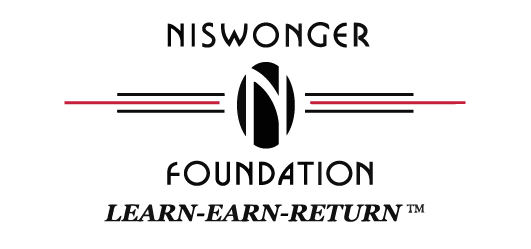Online And Distance Learning
The Niswonger Foundation is leading the transition to Internet-based learning.
The Niswonger Foundation has partnered with 29 area high schools to offer more educational opportunities through online and distance learning education.
This summer about five percent of all students in the 29 high schools in the 1st Congressional District were enrolled in online classes.
The courses that the Niswonger Foundation creates are through the area high school programs. They find an educator that is leading the way in their classroom and work with that individual to bring their classroom experience to the Web platform. This can include video clips, text reading, recorded lectures and other means of learning.
Tennessee has not passed any legislation dictating online education. However, the Niswonger Foundation is leading the way through its online and distance learning education. The infusion of federal funds in 2010 jump started the program. The federal money was awarded by the U.S. Department of Education to fund a new consortium of 15 Northeast Tennessee school systems. The Northeast Tennessee College and Career Ready Consortium serves the 29 area high schools and is under the Niswonger Foundation.
This “Investing in Innovation” i3 grant allowed the Foundation to add personnel, training and technology infrastructure.
The Foundation spent the previous years, under the direction of Linda Irwin, a vice president with the Foundation, really educating the schools about the opportunities offered through distance learning and online education as well as outfitting the school with the correct technology and bandwidth.
Every high school has at least one Distance Learning Lab, which includes cameras, multiple TV screens, two-way audio and document readers to create a virtual classroom experience. The schools also have eight laptops designated for distance learning to meet the need of the individual student.
Distance learning classes are taught in real time and allow students in remote classrooms to ask questions and interact with a teacher in the home classroom. Each classroom has a proctor to facilitate the learning experience.
Every online class allows the students to work through at their own pace but under the guidance of a facilitator who is available for questions, to offer the needed prodding if a student gets behind as well as any technological support.
